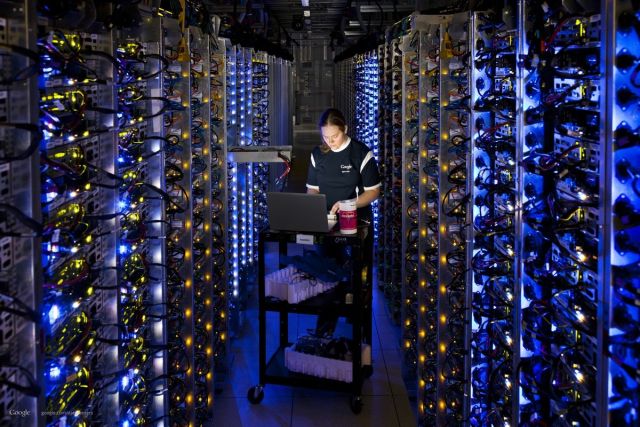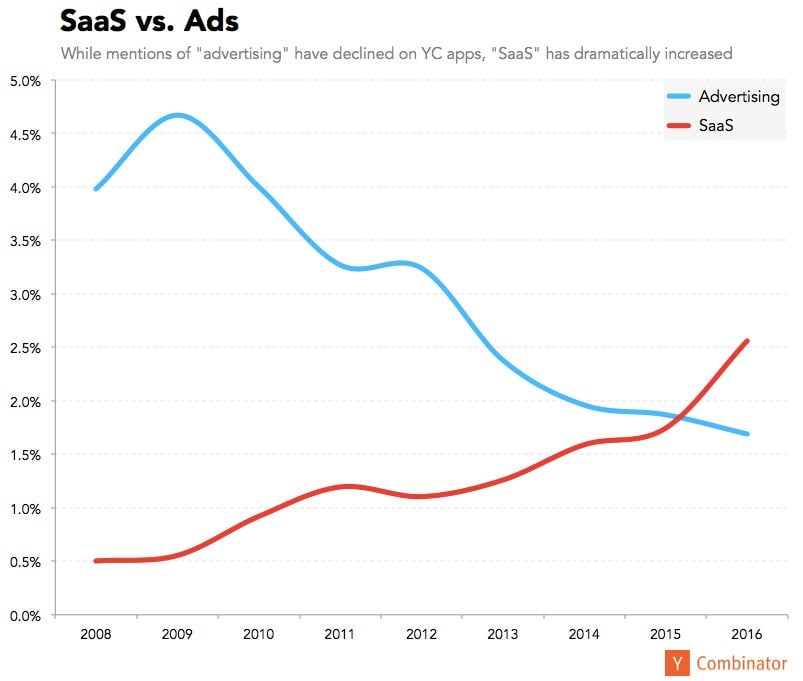Y Combinator bets startups solving boring business problems will mint its next great fortune
Y Combinator is following the money. In a shift from its origins, the storied Silicon Valley accelerator that backed Airbnb and Reddit is now funding more business-to-business (B2B) startups than consumer startups. They’re not alone. Enterprise investing, once a focus for specialized venture capitalists, has found its way into the portfolios of far more venture capitalists (VC).


Y Combinator is following the money. In a shift from its origins, the storied Silicon Valley accelerator that backed Airbnb and Reddit is now funding more business-to-business (B2B) startups than consumer startups. They’re not alone. Enterprise investing, once a focus for specialized venture capitalists, has found its way into the portfolios of far more venture capitalists (VC).
Startup investors’ broadening B2B interest was on display at Y Combinator’s demo days from Aug. 21 to Aug. 22. Of the 124 startups in the summer 2017 batch, 41 were selling to large enterprises and business (a classification including fintech and government). That easily eclipsed the 25 consumer companies in this session’s class. After YC started in 2005, only 25% of YC portfolio companies were focused on the enterprise on average during the first five years. Since 2012, that average has risen to about 40%, according to YC.
That trend is driven by modern software working its way more deeply into the operations of almost every major global enterprise, says Aaron Harris, a YC partner. As talented engineers and business people wrestle with legacy software, and barriers to start new companies drop, founders are leaving their own own firms to create new ones that solve obscure yet often lucrative business problems. “The pace of this I think is accelerating,” said Harris in an interview.
There is also an elephant in the room when it comes to new “consumer” startups, or rather two of them: Google and Facebook. The search and social giants have claimed most of the spoils from digital advertising (the two firms are expected to grab half of global internet advertising revenue this year, and an even larger share in the US) leaving less room for new startups that want to make money by selling digital ads. YC’s analysis of startup applications shows a dramatic shift from mentions of advertising to software-as-a-service.

That pressure is prompting startups to find new business models, and branch out into categories less common for Silicon Valley such as fertility services or construction. Here, YC claims to have a unique view on what’s next. The thousands of applicants to its accelerator enable YC to spot hot sectors about 18 months before they show up in Google Trends (it detected a surge in bitcoin and blockchain startups as early as 2011, for example). “One of the interesting things about this business is you don’t t expect the next big thing until it happens,” says Harris.
So what’s the next hot thing? Unsuprisingly, artificial intelligence. Yet stranger ideas abound. At least one company is mass-producing insect protein from black soldier flies to feed the world. Here are the top categories from summer 2017.